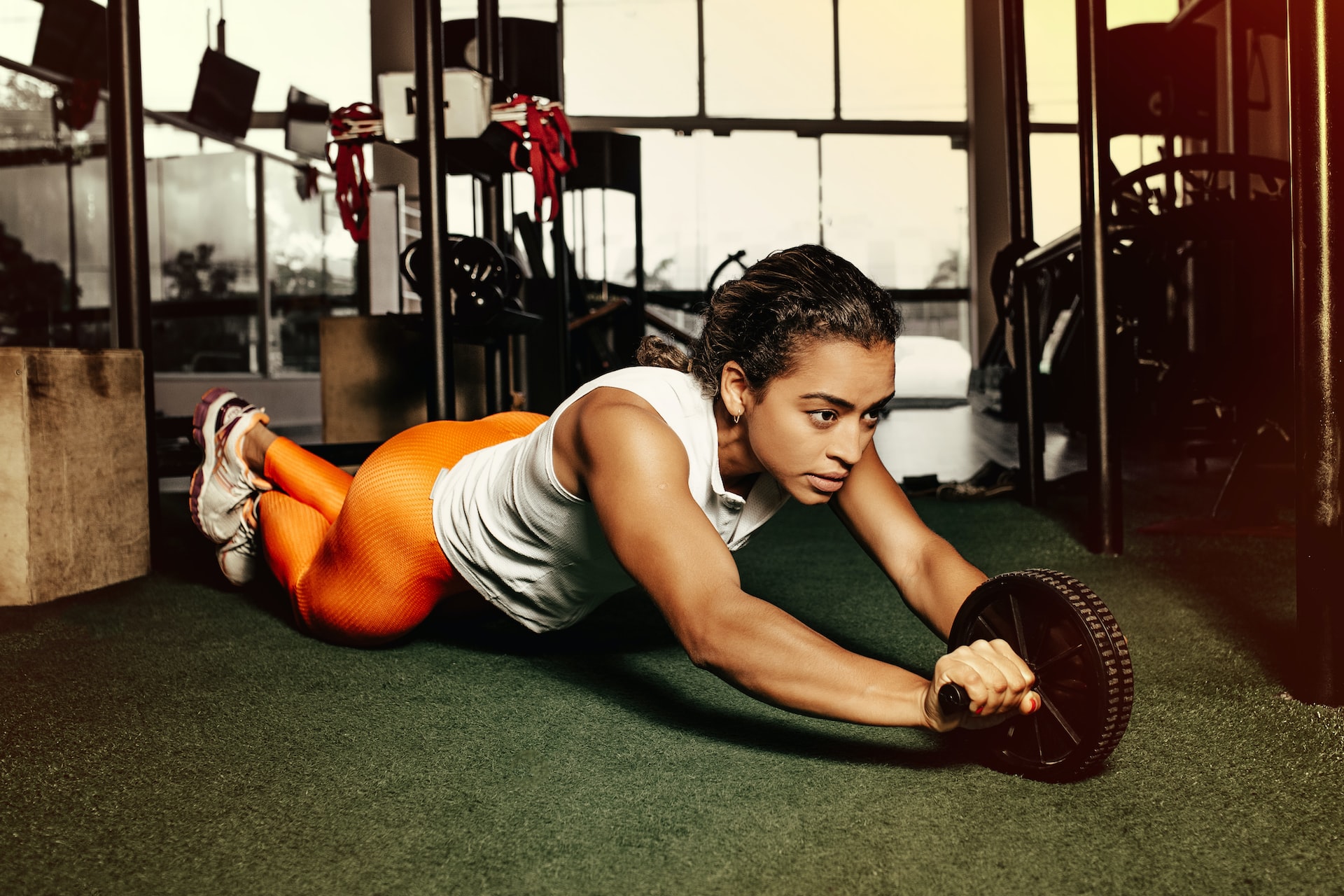
Guide For Introducing Sports Supplements and Their Benefits For Athletes
A significant amount of money is made from the industry for sports nutrition and supplements. According to some sources, sales in the protein business alone earned £260 million between 2007 and 2012; by 2017, this amount may have reached £8 billion. We spoke with Rafik Tahraoui, the creator of No Limits, a research-based supplement company, to get to the bottom of the issue and dispel any misconceptions regarding supplements.
Rafik is a well-known expert in the field due to his knowledge and experience. He has competed for Team GB at the Olympic level in the sports of water polo and handball, and he is currently finishing up a PhD in Performance Nutrition. Additionally, he has a BSc in boldenone Applied Sports Science and an MSC in Strength & Conditioning.
He has worked with numerous professional and international athletes/teams in a variety of sports, including rugby league, football, boxing, MMA (Mixed Martial Arts), and handball. He is also a United Kingdom Strength and Conditioning Association-accredited strength and conditioning coach.
 What are vitamins for athletes?
What are vitamins for athletes?
Ergogenic aids, often known as sports supplements, are products intended to improve athletic performance and exercise recovery. There are many different types of supplements available, from the more commonly used sports supplements like protein, amino acids, creatine, etc. to those that are used more frequently in general like vitamins, minerals, herbs, and botanicals (made from roots, leaves, bark, or berries of a plant).
What advantages do supplements offer?
Two of the major advantages that sports supplements have over regular diets are convenience and rate of nutrient absorption.
The cornerstone of your diet should naturally consist of whole foods, but in today’s culture, everyone seems to be busier and busier and has less time to prepare meals. As a result, supplements might be a perfect substitute for the frequently unhealthy convenience meal options. Whether you want to increase your consumption of calories, protein, or vitamins and minerals, they can offer a quick and simple solution. Additionally, preparing and eating food is significantly more difficult after exercise when supplements need to be absorbed fast.
The nature of supplements makes it possible for the body to digest and absorb nutrients much more quickly than it would with regular diet. Following exercise, quick digestion is essential to maximize protein synthesis and start the healing process. Because they do not need to be digested before being taken into the bloodstream, nutrients like free form amino acids are absorbed most quickly.
In addition to the aforementioned, taking supplements enables you to get enough of a variety of nutrients that are normally hard to get through meals.
When ought one to take supplements?
The use of supplements varies from person to person and depends on factors like lifestyle, food, and amount of physical activity. As it is imperative for the athlete to recover rapidly in between sessions in order to sustain performance levels, an elite athlete who trains vigorously many times a day would necessarily require supplements more frequently than someone who exercises once per day. However, a person who works out just once a day might just need supplements before the one training session to boost energy and focus after a long day at work and supplements after the workout to start the recovery process.
 Do supplements only apply to men?
Do supplements only apply to men?
Companies have historically targeted the bodybuilding industry when marketing supplements, using enormous, hulking males to front their ads. This led to a misunderstanding about who should take supplements and discouraged many women from doing so. Although the anatomy of men and women differs, our organs, muscles, and energy systems function similarly. Another widespread myth is that consuming supplements, especially after working out, will ensure a bodybuilder’s physique. But this simply isn’t the case.
Your training, activity, and diet have an impact on how your body responds and changes. Through improved performance and recuperation, sports supplements can speed up these changes, but they cannot do much on their own. Sports pills can therefore have any effect you want, regardless of gender. You can use supplements to help you achieve your goals, whether they are to reduce weight, gain muscle, get fitter and stronger, or improve your athletic performance overall.
Which supplements are the best to take and which should you avoid?
When compared to other types of protein like casein and soy, whey is the most widely available. Additionally, it has a significantly greater ability to increase the rate of muscle protein synthesis and lower the rate of protein breakdown following exercise. Because of its high leucine content and quick digestion, whey protein has a stronger stimulatory impact than other types of protein. 2007; Campbell et al.
BCAAs (branched-chain amino acids) – Leucine, isoleucine, and valine, three essential amino acids, improve protein synthesis and training responses. In addition, BCAAs support an anti-catabolic hormone profile, which reduces the release of muscle enzymes during exercise, which is frequently a sign of muscle damage. They also assist in reducing the breakdown of proteins. 2007; Campbell et al.
In terms of its power to improve lean muscle mass gains during exercise and boost the capacity for high-intensity activity, creatine monohydrate is regarded as one of the most potent supplements currently on the market. Despite the numerous fallacies around it, creatine is a safe and extremely efficient substance. 2007 (Buford et al.)
Because of its connection to carnosine, the naturally occurring amino acid beta-alanine has significant ergogenic potential. A dipeptide comprising beta-alanine and histidine, carnosine serves as one of the main buffering compounds in skeletal muscle. In high-intensity exercise, it helps neutralize acid, delaying the onset of weariness. (2015) Trexler et al
Caffeine – When taken in anhydrous form, such as powders, capsules, or tablets, caffeine is most potent. It can penetrate the membranes of nerve and muscle cells, having an impact on both the muscles and the nervous system. The central nervous system is one of the main activity locations, and as a result, high-intensity exercise times are accompanied by increased alertness (Goldstein et al. 2010).
Fish oil has been heavily promoted to the general public for its positive benefits on the cardiovascular system, such as decreasing blood pressure. It is currently thought to play a crucial role in an athlete’s supplement routine. Fish oil can decrease body fat, boost protein synthesis, and minimize inflammation after vigorous exercise.





